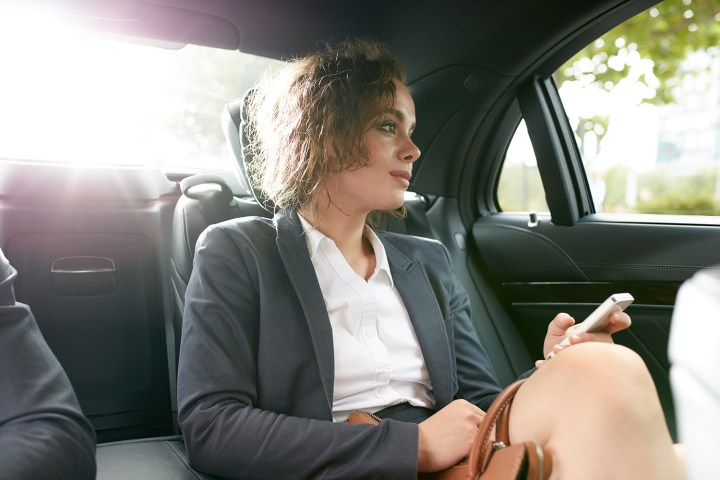
Lyft and Uber were the major contributors to Ridesharing Works for Austin, which spent $5.3 million on the campaign, according to campaign finance records. But to no avail.
Four features of Proposition 1 were included in the Austin vote. The fingerprint-based background check was the most controversial. Picking up passengers in traffic lanes was the second greatest concern. The ride-share companies argued both issues make it harder to do business.
If Uber and Lyft are required to have drivers undergo fingerprint background checks, the companies argue, the extra hassle involved will dissuade drivers from signing on to the services. Fingerprinting proponents claim that without background checks, drivers with prior criminal convictions could be signed on to the services without the companies knowledge. Uber and Lyft state their screening procedures are adequate. Competition for drivers is tough, with some driving for both companies, so any barriers the firms can minimize help them sign drivers.
A recent ruling by a judge in a California court did not allow Uber to dismiss liability completely in separate Jane Doe trials in which Uber drivers were accused of violent crimes against female passengers. Those who are in favor of fingerprint screening argue that fingerprinting could reduce such incidents. A review of customer service records found five claims of rape and 170 sexual assault claims against drivers from December 2012 through August 2015.
Traffic lane pickups were the second issue in Proposition 1. Ride-sharing companies, and drivers, claim the ability to make pickups wherever riders call from is a major convenience factor in the service. If riders have to go to designated pickup spots, that means the service is less convenient and the drivers will have less business. Emergency services, however, don’t like traffic lane pickups as they make it harder for the services to reach their destinations.
Two less controversial parts of Proposition 1 were the requirements for drivers to have identifying emblems on their cars and to pay an annual transportation tax.
Uber stated it will cease operations Monday morning at 8 a.m. local time, and Lyft said it will pause service in the city at 5 a.m. Monday. After the defeat, Lyft officials released a statement:
“Lyft and Austin are a perfect match and we want to stay in the city. Unfortunately, the rules passed by City Council don’t allow true ride sharing to operate. Instead, they make it harder for part-time drivers, the heart of Lyft’s peer-to-peer model, to get on the road and harder for passengers to get a ride. Because of this, we have to take a stand for a long-term path forward that lets ride sharing continue to grow across the country, and will pause operations in Austin on Monday, May 9.”
Austin Mayor Steve Adler issued a statement after the vote inviting the companies to continue service. “The people have spoken tonight loud and clear. Uber and Lyft are welcome to stay in Austin, and I invite them to the table regardless. Austin is an innovative and creative city, and we’ll need to be at our most creative and innovative now.”
Uber and Lyft both have reputations for playing hardball with municipalities who don’t want to do it their way. Whether ride sharing has a future in Austin, with the two largest players in the country withdrawing, remains to be seen.
And as of Monday morning, all the Uber and Lyft drivers in Austin are out of work. At least for the time being.
Editors' Recommendations
- Uber vs. Lyft
- Uber and Lyft shutdown averted in California after court decision
- California sues Uber, Lyft to force them to make drivers employees
- Uber and Lyft face a cheaper ridesharing rival in New York City
- Lyft is pulling its e-scooters from six cities and laying off workers




